.jpg)
On October 22, continuing the program of the 10th Session, Group 8, including: The National Assembly Delegation of Bac Ninh province and the National Assembly Delegation of Ca Mau province discussed in Groups the draft Law on Civil Aviation of Vietnam (amended); the draft Law on Public Employees (amended); the Law on amending and supplementing a number of articles of the Law on Education ; the Law on Higher Education (amended); and the Law on Vocational Education (amended).
Proposal to supplement regulations on noise contours
Regarding the draft Law on Civil Aviation of Vietnam (amended), delegates at Group 8 basically agreed on the necessity of amending the law according to the Government's Submission and the Verification Report of the Committee on Law and Justice .
Giving specific comments on the above Law project, National Assembly Deputy Pham Van Thinh (Bac Ninh) requested the drafting agency to add provisions to ensure comprehensiveness and principles for drafting legal documents, especially in emerging fields such as unmanned aerial vehicles, environmental protection against airport noise...
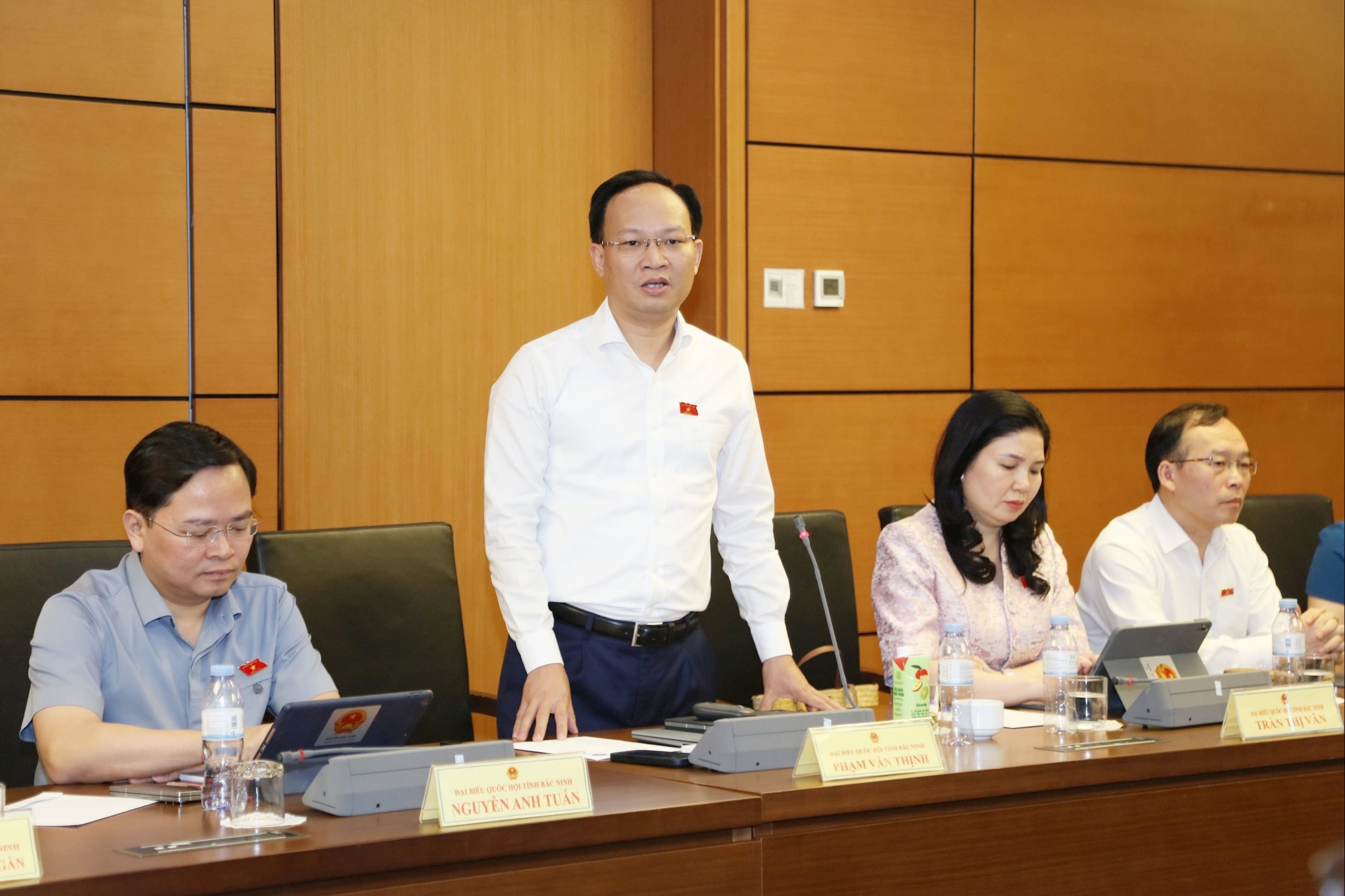
In particular, according to delegate Pham Van Thinh, the draft law needs to add regulations on noise contours because they are currently not fully mentioned in the regulations on obstacle management to ensure flight safety in Article 43.
“The noise contour is a mandatory technical basis in the spatial planning of airports and surrounding areas. This helps to reasonably divide land use zones, avoid environmental complaints and disputes, and is also a necessary criterion for assessing land use planning, granting construction permits and implementing population relocation. This proposal is also consistent with ICAO international practice, requiring member countries to have noise contour maps for major airports…”, National Assembly Deputy Pham Van Thinh emphasized.
At the same time, delegate Pham Van Thinh proposed that the drafting agency add provisions on low-altitude aviation and encourage low-altitude economic development. The goal is not only to manage safety but also to pave the way for new industries such as: Drone logistics, rescue, agriculture and tourism, contributing to opening up new economic development space for the country...
Regarding the draft Law on Civil Aviation of Vietnam (amended), National Assembly Delegate Do Thi Viet Ha (Bac Ninh) expressed her opinion on the principles of application (Clause 1, Article 3). The delegate said that the provisions in the draft (“in case there is a difference between the provisions of this Law and the provisions of other laws... then the provisions of this Law shall apply”) are not consistent with Clause 3, Article 58 of the Law on Promulgation of Legal Documents. The delegate proposed to revise it in the direction: In case another law promulgated after the effective date of this Law needs to have specific provisions on civil aviation of Vietnam that are different from the provisions of this Law, it is necessary to specifically determine the content of implementation or non-implementation according to the provisions of this Law, and the content of implementation according to the provisions of that other law.
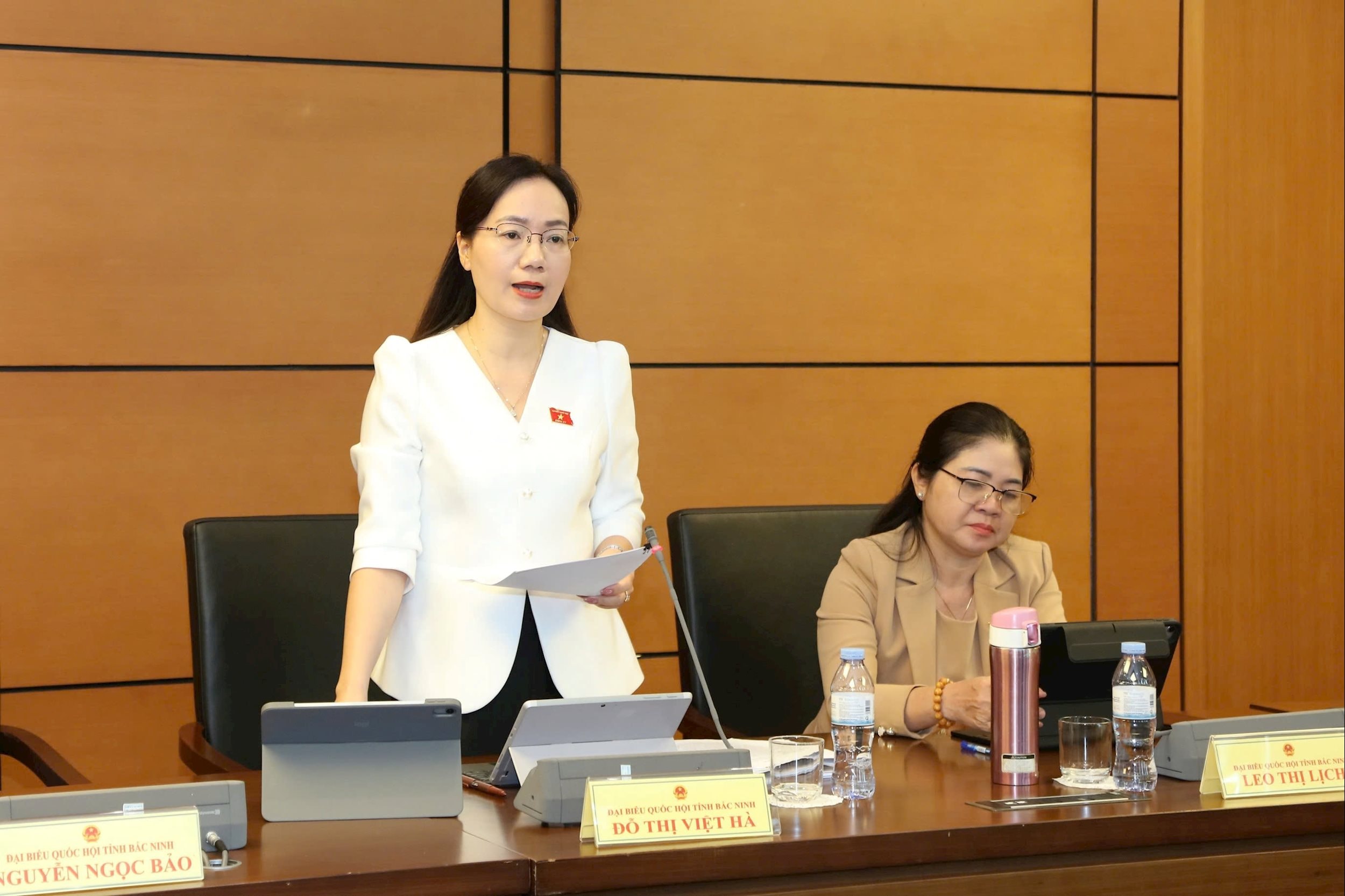
Regarding prohibited acts in civil aviation activities (Article 12), delegate Do Thi Viet Ha proposed to carefully evaluate and reduce acts to ensure consistency with current laws and ensure feasibility. The delegate pointed out a number of overlapping or inappropriate regulations such as: The regulation prohibiting "aviation staff from performing tasks while having alcohol or stimulants in their bodies" (Clause 16) has been stipulated in the Law on Prevention and Control of Harmful Effects of Alcohol and Beer; The regulation prohibiting "using trademarks... that cause confusion with other aviation enterprises" (Clause 14) has been stipulated in the Law on Enterprises and the Law on Intellectual Property.
The acts stipulated in clauses 2, 12, 13 with only “intentional” errors are not appropriate, because even “unintentional” errors must be prohibited, and at the same time, the regulation of “intentional” errors will lead to great difficulty in proving when the act occurs. Therefore, the delegate proposed that the acts prohibited in Article 12 must be acts that are specific and common in civil aviation activities and are not yet regulated in current laws.
The transfer of civil servants must be public and transparent.
Regarding the draft Law on Civil Servants (amended), comments on Article 28 stipulate the responsibilities and rights of civil servants in training and fostering. Clause 2 of Article 28 (regulations on rights) contains content related to responsibility: “…responsible for reimbursing training costs according to Government regulations”. Delegate Tran Van Tuan (Bac Ninh) suggested that the Drafting Agency study and move this content to Clause 1 of Article 28 (regulations on responsibilities) to ensure suitability.
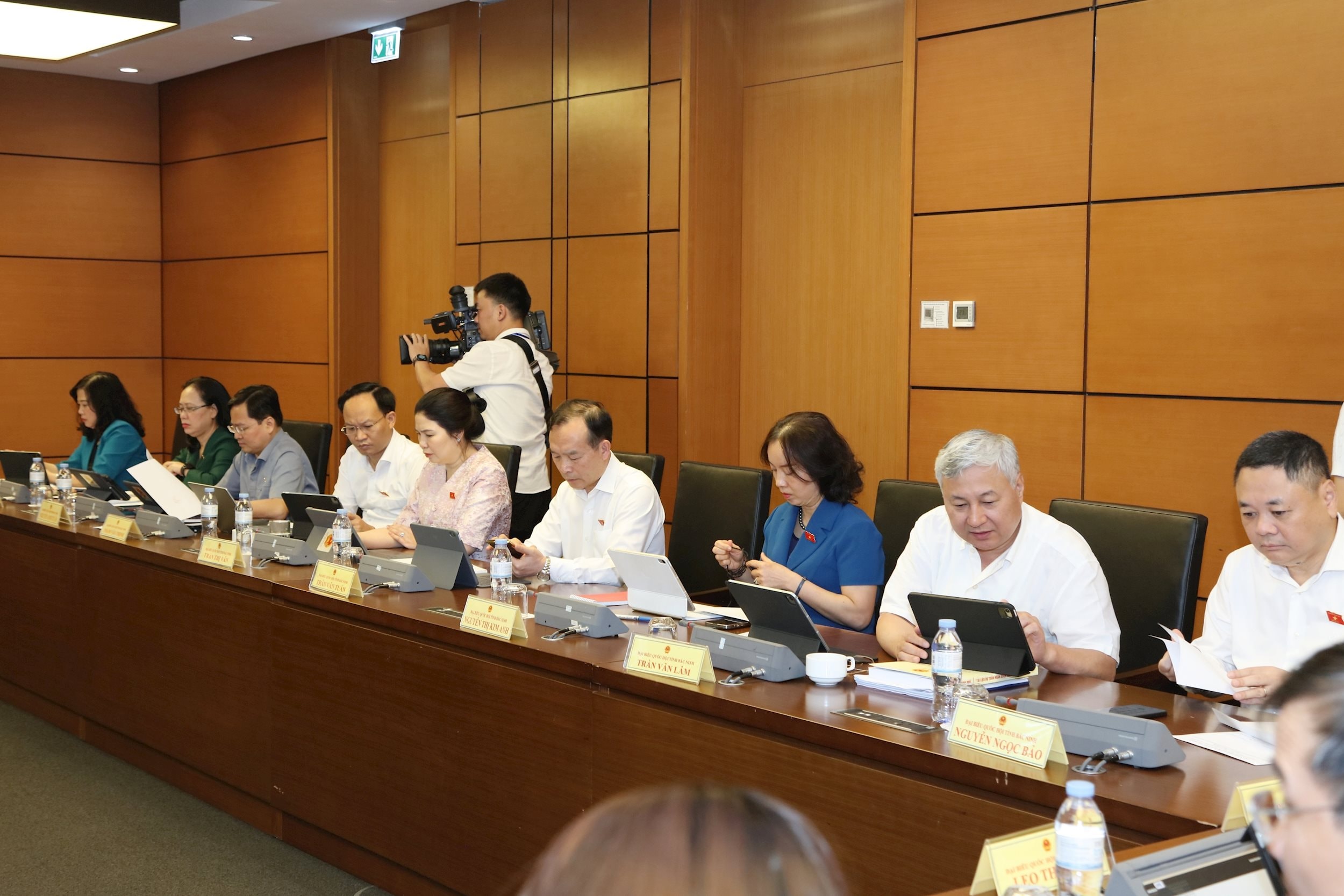
Regarding the mobilization of civil servants (Article 30), the delegate said that in order to ensure that the mobilization is within the total number of assigned staff, to avoid the situation of "exceeding the staff ceiling", in accordance with the management orientation according to job positions, to ensure transparency and fairness, the delegate proposed to add specific regulations: "The mobilization of civil servants must be based on the planning and plan for the use of staff and approved by competent authorities; ensuring that the total number of employees of the public service unit after mobilization does not exceed the annual assigned staff". The mobilization must also be based on actual needs, in accordance with job positions, professional expertise and must ensure publicity and transparency.
"The regulations on the transfer of civil servants in Article 30 of the draft Law do not specifically state the salary, allowance, benefits, insurance, travel, housing support, living expenses and payment responsibilities during the time civil servants are transferred, which can easily cause confusion and inequality when applied," National Assembly Deputy Tran Van Tuan emphasized.
.jpg)
To ensure the legitimate rights and interests of civil servants and consistency with relevant laws, delegates proposed that the Drafting Agency add a separate provision on the regime and policies of civil servants during the transfer period. Specifically: Transferred civil servants must be guaranteed to maintain their original rank, salary level, position allowance coefficient, seniority allowance (if any) and other legitimate rights and interests; the receiving agency or unit is responsible for paying salaries, allowances and other regimes. In case of transfer to serve political or urgent tasks, the source of funding for payment shall be guaranteed by the state budget. Civil servants transferred to areas of special socio-economic difficulty shall enjoy preferential regimes according to current regulations.
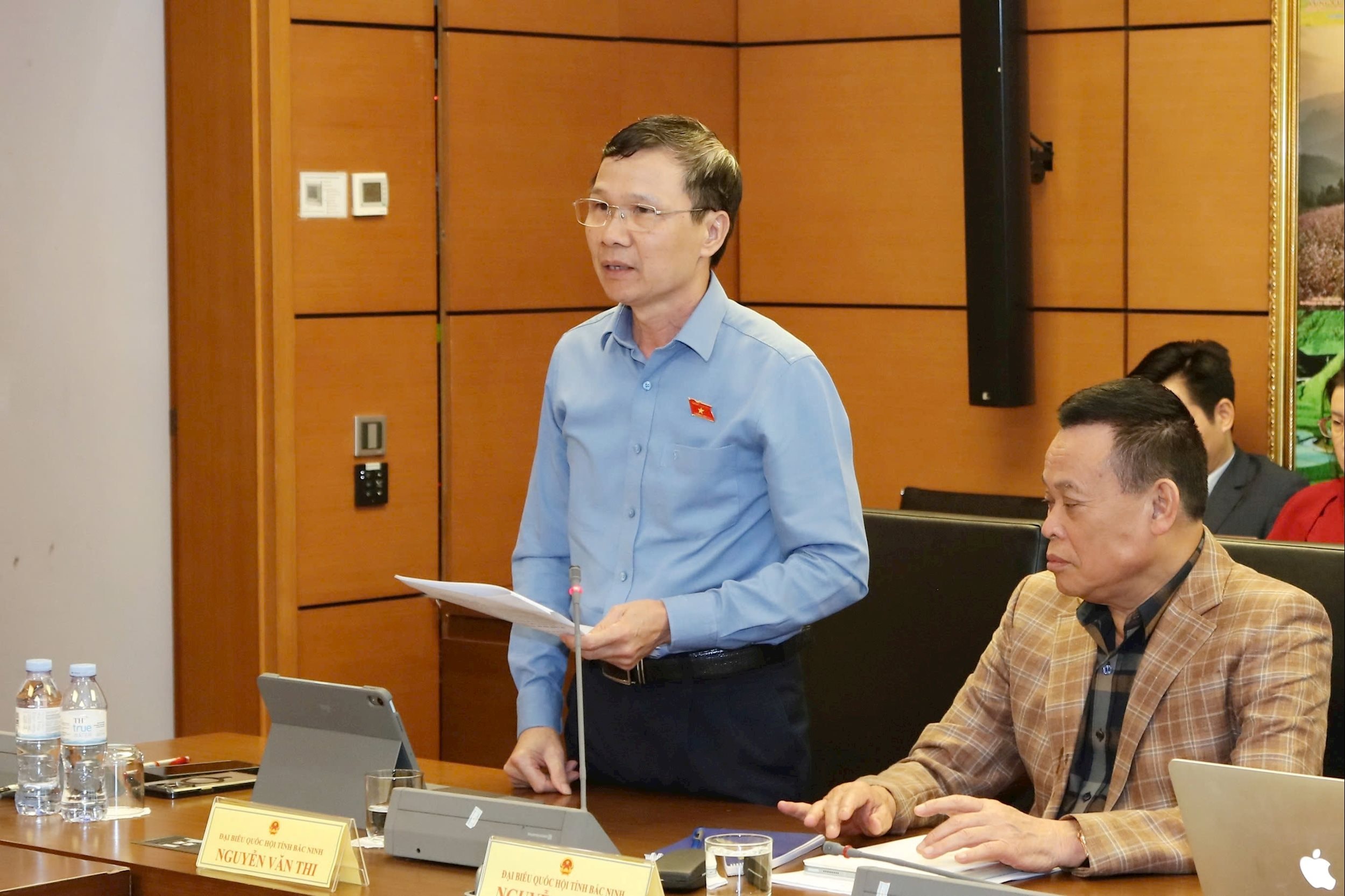
On the other hand, delegate Nguyen Van Thi (Bac Ninh) stated: Regarding the things that civil servants are not allowed to do (Article 10), Clause 1 stipulates the act of "voluntarily quitting or quitting work". The delegate suggested that the Drafting Committee study and clearly stipulate the conditions and specific time to determine this act. This is to ensure consistency and synchronization between the Law on Civil Servants and the 2019 Labor Code (Clause 4, Article 125, specifically stipulates the number of days of voluntarily quitting work), creating convenience when disciplining civil servants.
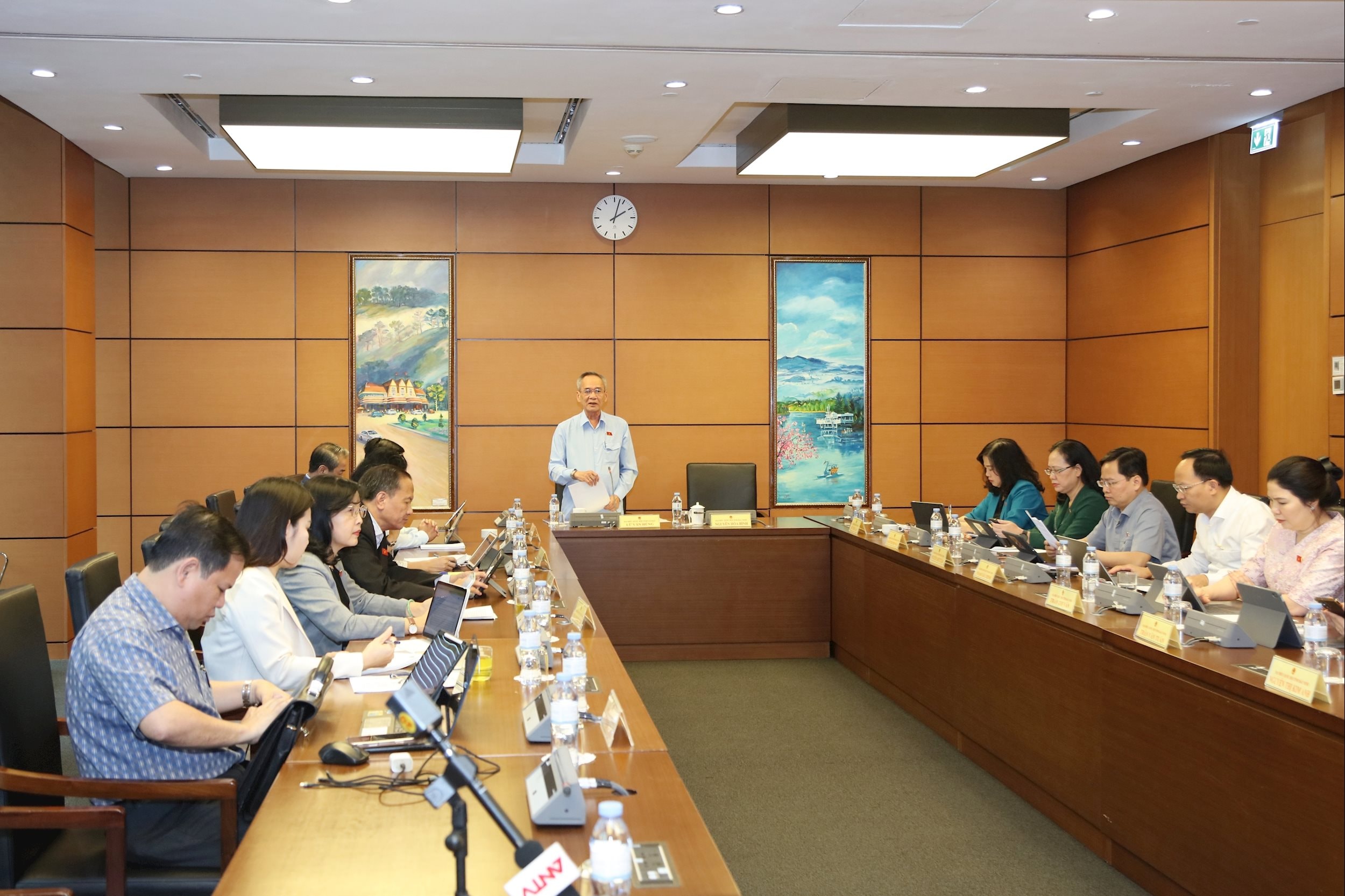
Regarding the rights of civil servants regarding wages and bonuses (Article 12), delegate Nguyen Van Thi said that the phrase "wages for night work" in Clause 2 is not consistent with the concept of wages under Article 90 of the 2019 Labor Code. The delegate proposed to amend it to "entitled to allowances or additional pay for night work" to be consistent with the reality of shift work in many industries (such as healthcare). At the same time, the delegate proposed to add Clause 4, Article 12 stipulating "The Government shall detail this Article" to unify implementation instructions...
Source: https://daibieunhandan.vn/can-quy-dinh-ve-van-tai-hang-khong-tam-thap-10392440.html


![[Photo] Urgently help people soon have a place to live and stabilize their lives](/_next/image?url=https%3A%2F%2Fvphoto.vietnam.vn%2Fthumb%2F1200x675%2Fvietnam%2Fresource%2FIMAGE%2F2025%2F12%2F09%2F1765248230297_c-jpg.webp&w=3840&q=75)







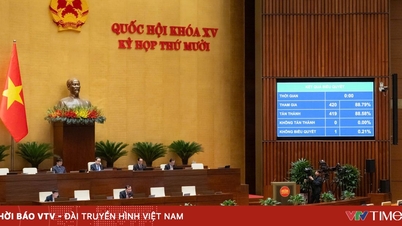

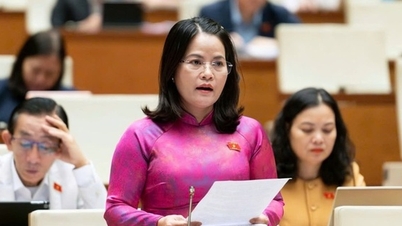

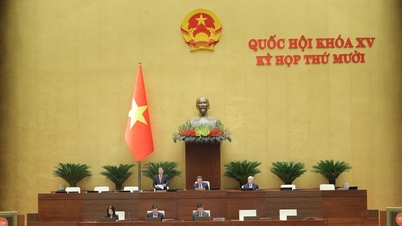
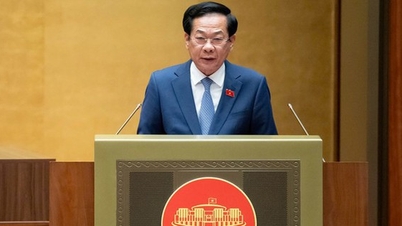

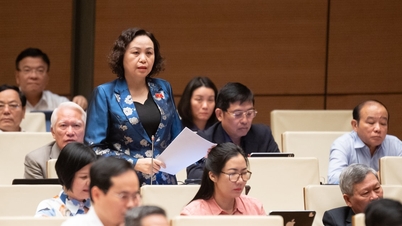



![[Video] Rapidly deploying "Quang Trung Campaign" to build houses for people in flood-hit areas](https://vphoto.vietnam.vn/thumb/402x226/vietnam/resource/IMAGE/2025/12/09/1765292632846_dung00-17-48-20still010-jpg.webp)

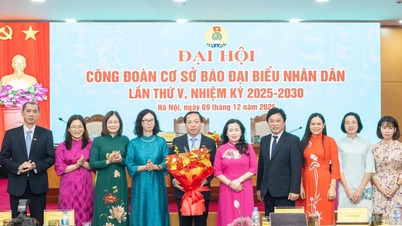
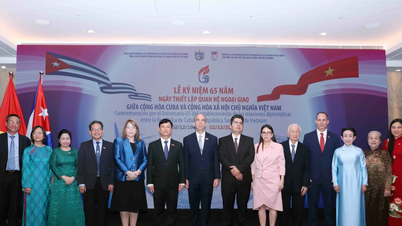





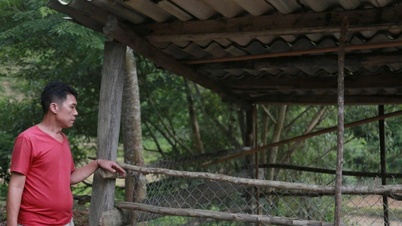
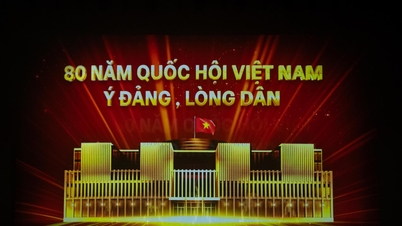
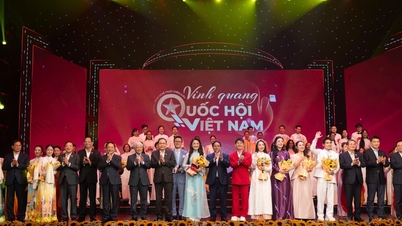
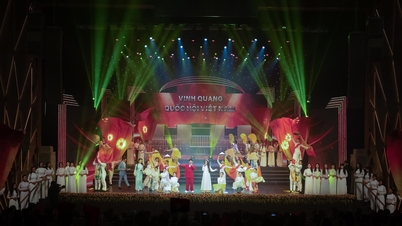
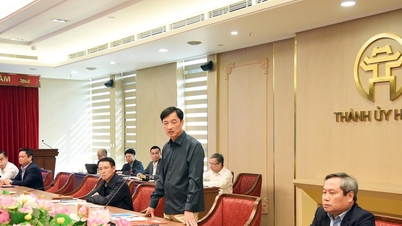


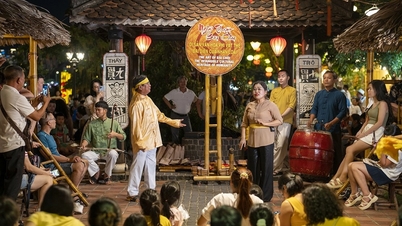

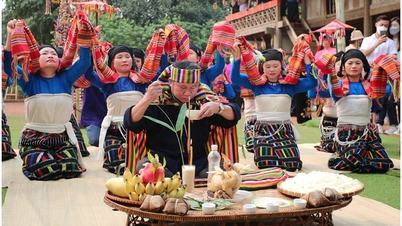


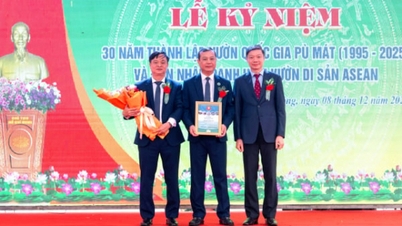


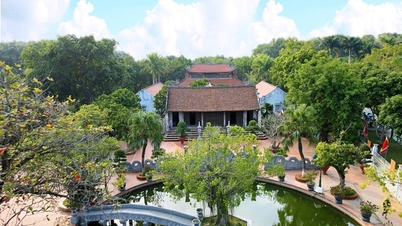
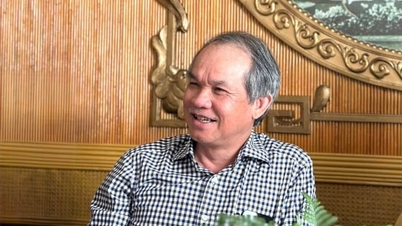
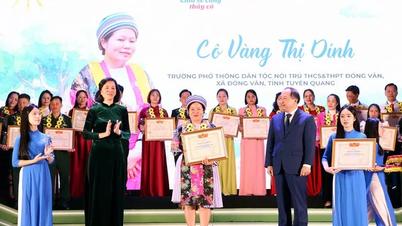

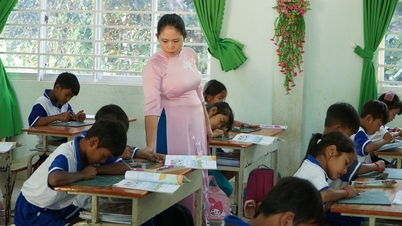

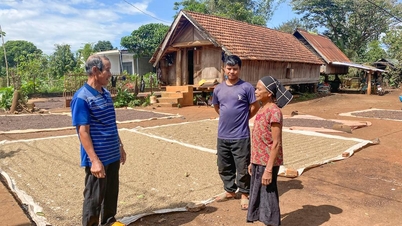

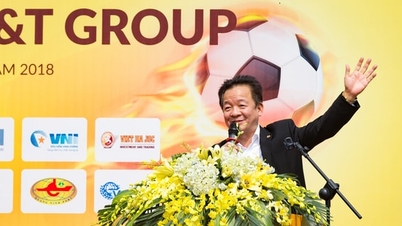

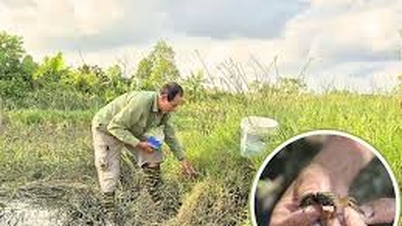

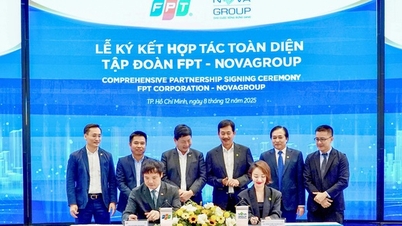
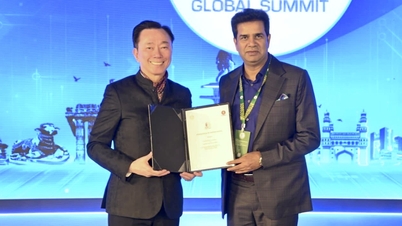
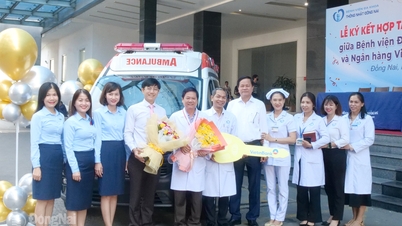

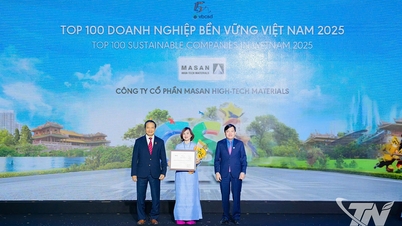


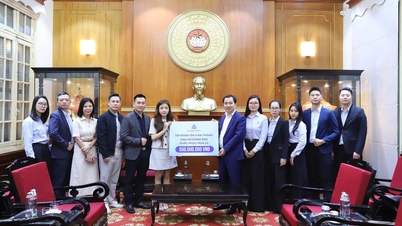







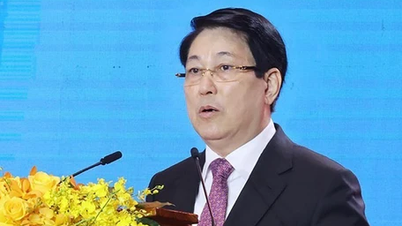
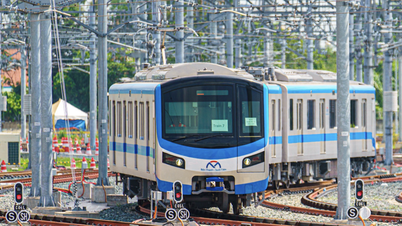

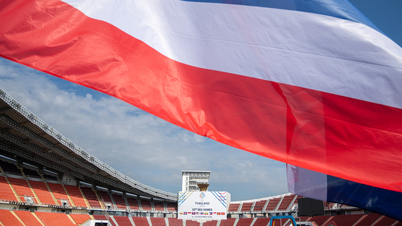
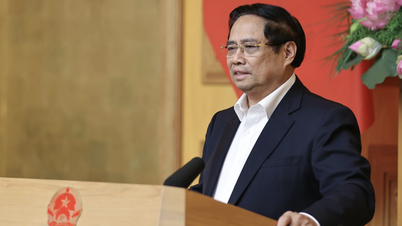
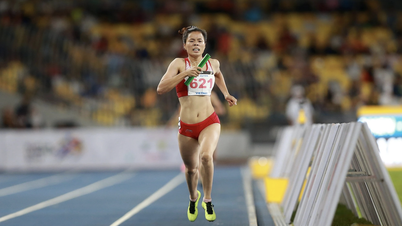
![[Photo] General Secretary To Lam works with the Standing Committees of the 14th Party Congress Subcommittees](https://vphoto.vietnam.vn/thumb/402x226/vietnam/resource/IMAGE/2025/12/09/1765265023554_image.jpeg)
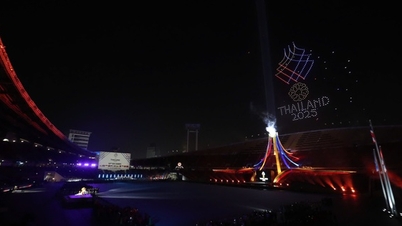



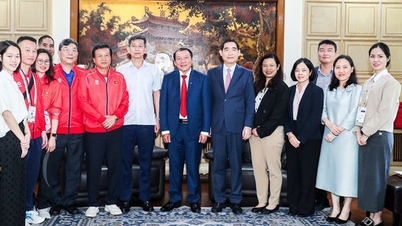


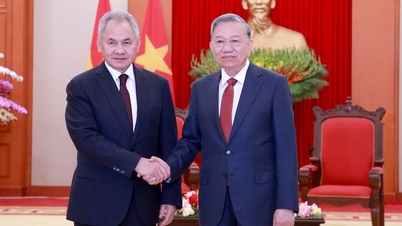

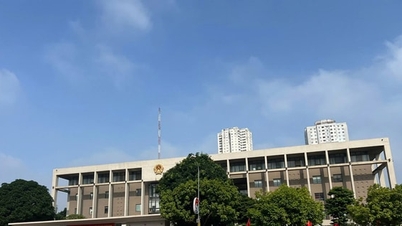
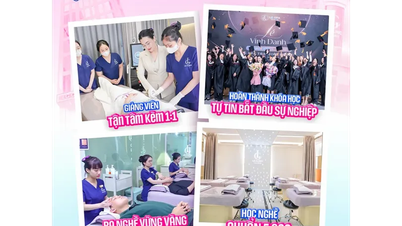

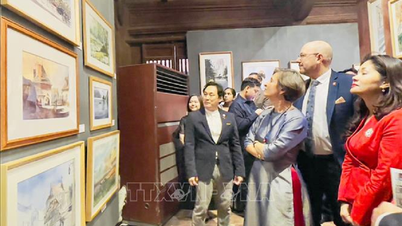

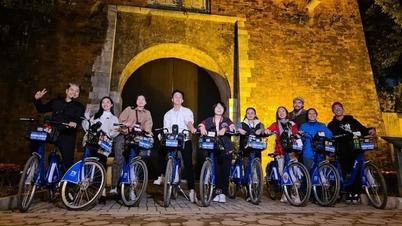

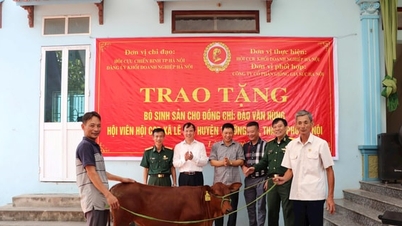










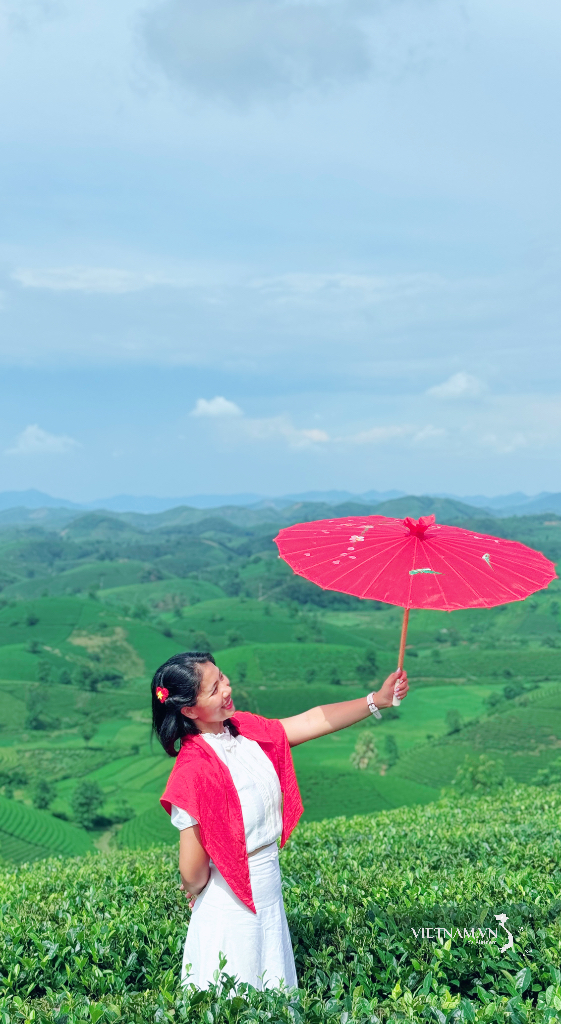






Comment (0)